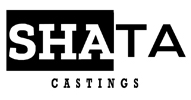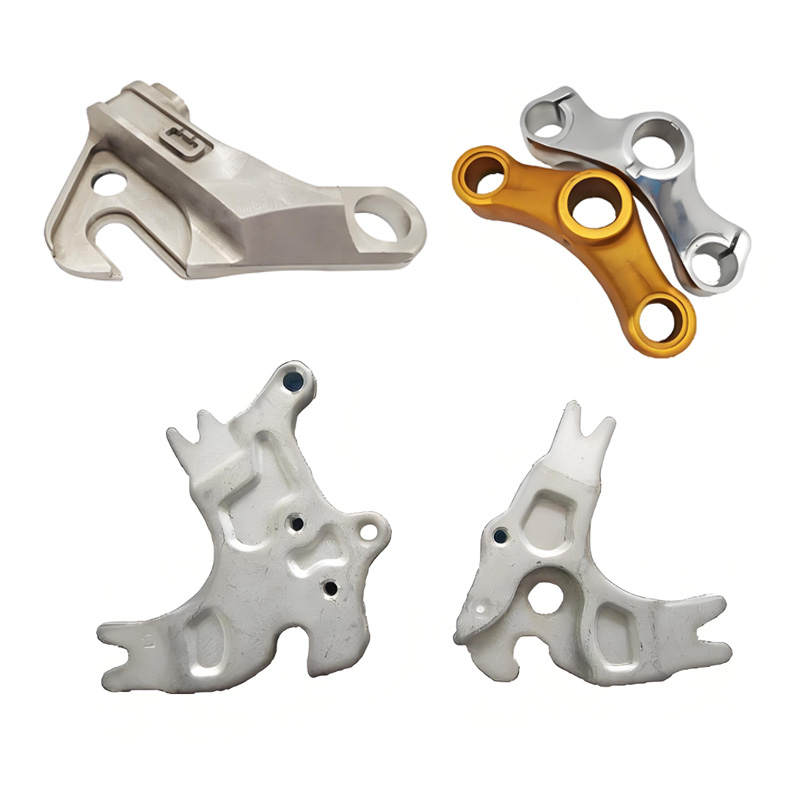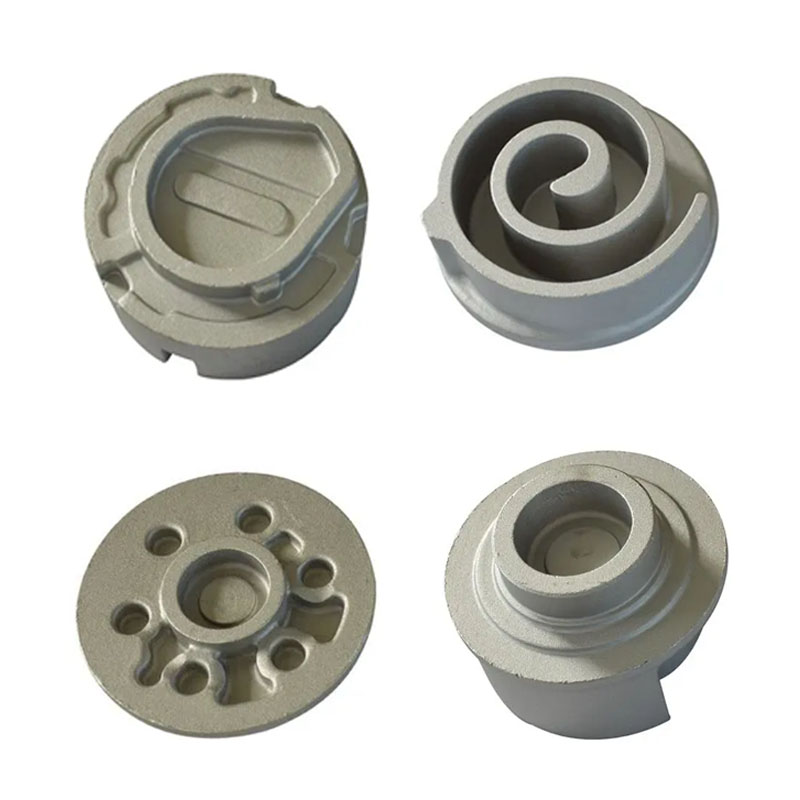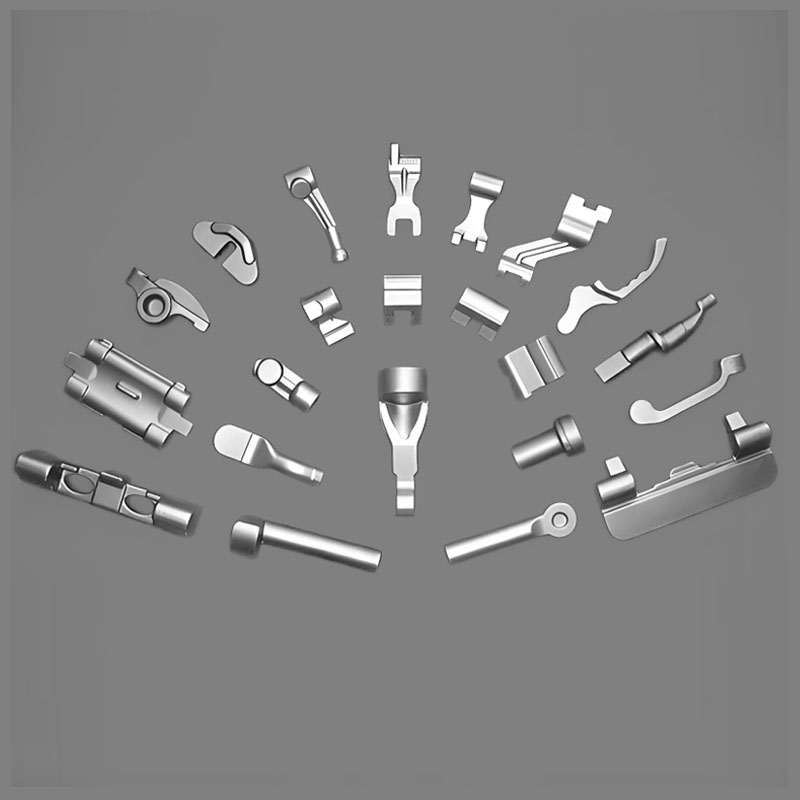Aluminium forgings
Material Properties of Forged Aluminum Parts
-
Enhanced Strength: Forging improves the grain structure of aluminum, resulting in a strong, uniform material that can withstand higher loads than cast aluminum.
-
Lightweight: Aluminum is inherently lightweight, making forged aluminum parts ideal for applications where weight reduction is critical, such as in aerospace and automotive industries.
-
Corrosion Resistance: Aluminum exhibits excellent resistance to corrosion, making forged aluminum components suitable for outdoor and marine applications.
-
Improved Fatigue Resistance: The forging process enhances the fatigue life of aluminum parts, making them more reliable in cyclic loading applications.
-
Ductility: Forged aluminum retains good ductility, allowing it to absorb energy and deform without cracking.
Applications of Aluminum Forging Parts
-
Aerospace:
- Components: Aircraft structural parts, landing gear components, and engine parts.
- Advantages: The lightweight and high strength of forged aluminum are essential for improving fuel efficiency and performance.
-
Automotive:
- Components: Engine blocks, suspension components, and transmission housings.
- Advantages: Reducing weight while maintaining strength contributes to better fuel economy and handling.
-
Consumer Products:
- Components: Hand tools, sporting goods, and electronic housings.
- Advantages: Forged aluminum products offer durability and a lightweight design, appealing to consumers.
-
Industrial Applications:
- Components: Machinery parts, fittings, and brackets.
- Advantages: The strength and corrosion resistance of forged aluminum make it suitable for various industrial settings.
-
Marine:
- Components: Boat fittings, hull components, and propulsion systems.
- Advantages: Aluminum’s lightweight and corrosion resistance are critical for marine applications.
Aluminum forging is a highly effective process that produces components with exceptional mechanical properties, lightweight design, and corrosion resistance. Understanding the various forging methods, material properties, and applications of forged aluminum parts enables engineers to design and select reliable solutions for a wide range of demanding applications. This process not only enhances performance but also contributes to the overall safety and longevity of critical components in various sectors.
Contact Us

E-mail: [email protected]
WeChat: 18332109035
Whatsapp: 18332109035
Add: Shi Jiazhuang, He Bei Province









 WhatsApp
WhatsApp  Mail inquiry
Mail inquiry
